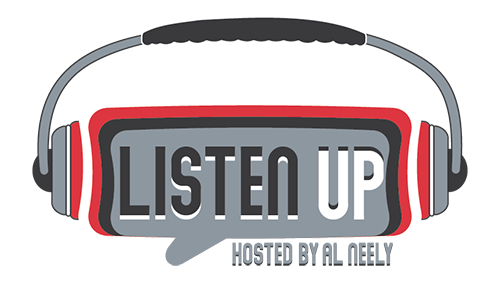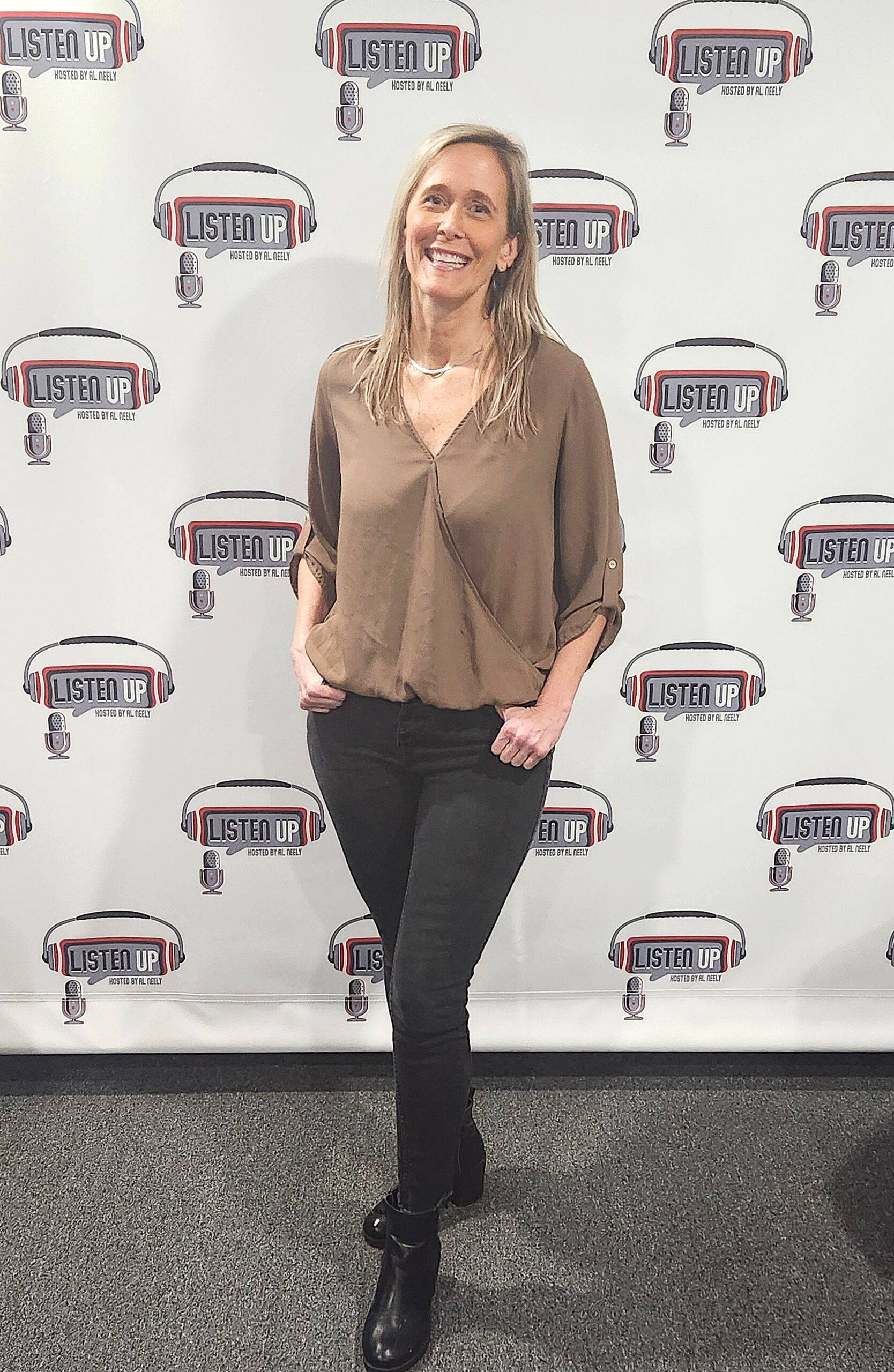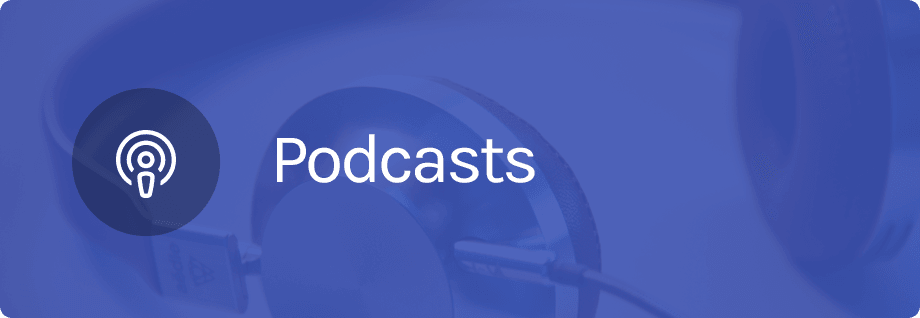In a world where education is often seen as the gateway to opportunity, the conversation about college access and affordability has become increasingly complex. The latest episode of Listen Up Podcast features a candid discussion with Mary Carter, a high school college counselor who sheds light on the current anxieties faced by students as they navigate their paths to higher education. The ongoing changes in political and educational policies have left students, parents, and educators alike grappling with fear, uncertainty, and confusion.
One of the main topics explored in this episode encompasses the fears students harbor regarding their ability to afford college amidst changing federal policies. Addressing the persistent rumors that the Department of Education might be dismantled, Mary emphasizes the significant role this department plays in facilitating access to financial aid, such as Pell Grants and federal loans. The talk reveals how misinformation can affect students’ mental health and decision-making processes. Many students have approached Mary inquiring whether applying for FAFSA is even worthwhile when they believe such support might soon vanish.
Transitioning into a deeper analysis of financial aid, Mary explains the complexities of the FAFSA application and how economic backgrounds influence potential aid. With a brief overview of Pell Grants and the sliding scale based on family income, listeners are provided a clear understanding of who benefits from these financial aids. It is particularly noted that lower-income families are typically the primary beneficiaries of Pell Grants, inhibiting the potential for students from wealthier backgrounds to gain access to such funds.
As the discussion progresses, the podcast delves into the true cost of college in the modern age. Mary breaks down various tuition rates, illustrating the divide between community colleges, state institutions, and private universities. With some private schools charging upwards of $85,000 a year, the necessity of understanding financial aid becomes paramount. Furthermore, Mary discusses the misconceptions surrounding college endowments and how prestigious institutions often provide substantial financial aid, meaning many students pay far less than the sticker price.
The conversation transitions to the implications of student loan forgiveness programs and the paradox of accumulating debt in the face of fiscal insecurity. Mary encourages students to explore the benefits of federal loans over private options, emphasizing that federal loans often come with lower interest rates and flexible repayment terms. The discussion also touches on misconceptions surrounding loan forgiveness, clarifying that most individuals who qualify have already paid far more than what they initially borrowed.
The impact of socio-political dynamics on educational access extends to the challenges faced by undocumented students. Mary presents thoughtful insights into this demographic, highlighting how many undocumented parents contribute to the economy through taxes but are often excluded from federal financial support for their children’s education. This barrier reinforces the disparities in access to education among varying socio-economic and immigration status groups.
Listeners are prompted to consider the wider social ramifications of proposed cuts to programs that aid low-income individuals, including potential impacts on students already on the margins. Critically, Mary urges listeners to engage with the political system, stressing that grassroots movements could have a significant effect in influencing policy and protecting educational access.
Ultimately, this episode of Listen Up Podcast serves as a powerful reminder that while the path toward higher education is fraught with obstacles, informed dialogue can pave the way for transformation. The episode encourages both students and advocates to remain vigilant and proactive in advocating for access to education, ensuring that the doors to opportunity remain open for all.


